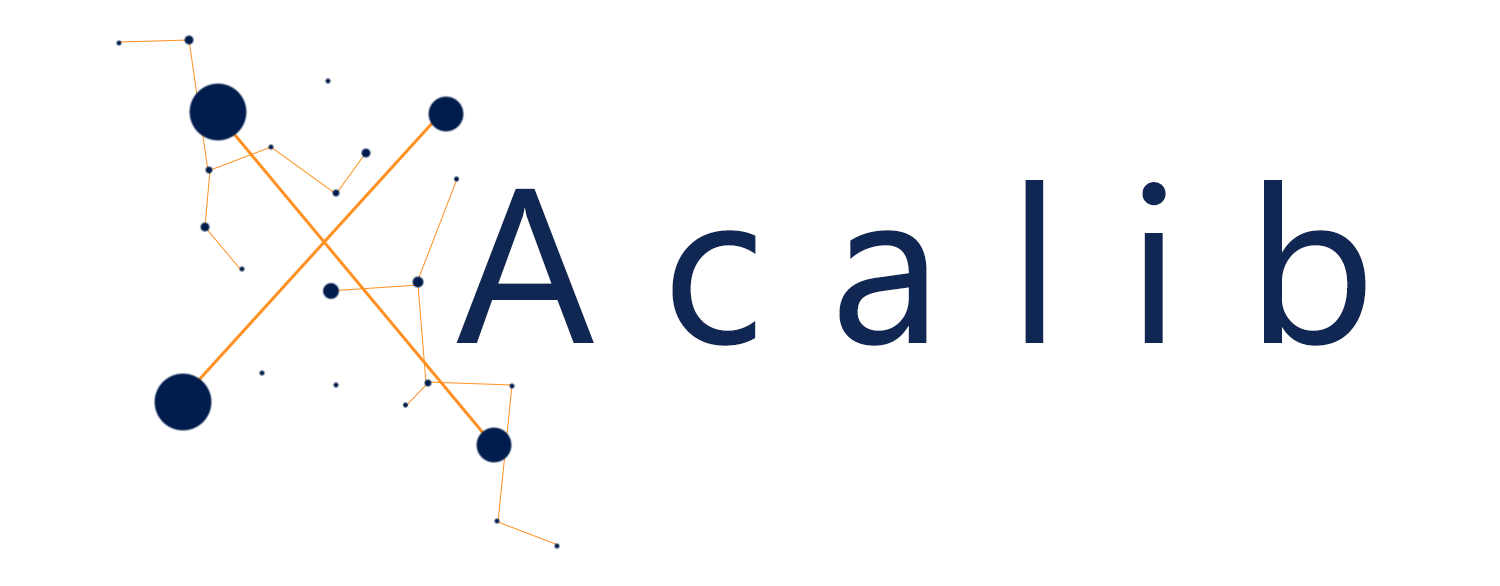======================================================================
FAIL: test_morph (core.test_analysis.TestAnalysis)
----------------------------------------------------------------------
Traceback (most recent call last):
File "/home/apawn/Documents/repos/acalib/testing/core/test_analysis.py", line 72, in test_morph
np.testing.assert_almost_equal(boxing,result_boxing)
File "/home/apawn/Music/miniconda3/envs/acalibenv/lib/python3.6/site-packages/numpy/testing/utils.py", line 563, in assert_almost_equal
return assert_array_almost_equal(actual, desired, decimal, err_msg)
File "/home/apawn/Music/miniconda3/envs/acalibenv/lib/python3.6/site-packages/numpy/testing/utils.py", line 962, in assert_array_almost_equal
precision=decimal)
File "/home/apawn/Music/miniconda3/envs/acalibenv/lib/python3.6/site-packages/numpy/testing/utils.py", line 778, in assert_array_compare
raise AssertionError(msg)
AssertionError:
Arrays are not almost equal to 7 decimals
(mismatch 10.0%)
x: array([ 6.9413918e-310, 1.0000000e+000, 1.0000000e+000,
1.0000000e+000, 1.0000000e+000, 1.0000000e+000,
1.0000000e+000, 1.0000000e+000, 1.0000000e+000,
8.4286332e+174])
y: array([ 6.9247206e-310, 1.0000000e+000, 1.0000000e+000,
1.0000000e+000, 1.0000000e+000, 1.0000000e+000,
1.0000000e+000, 1.0000000e+000, 1.0000000e+000,
6.9246513e-310])

